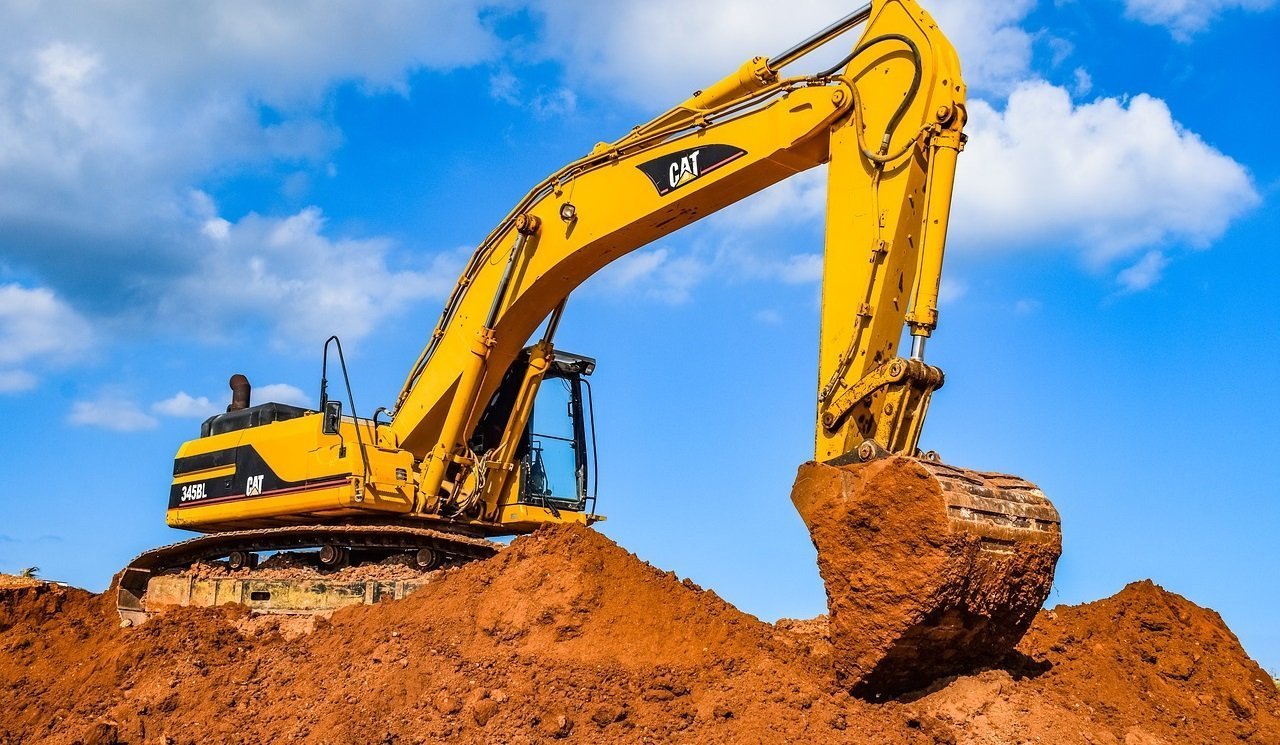Your Local Equipment Rental Company for Forklift Rental and Aerial Lift Rental Solutions
Vital Tips for Taking Care Of Heavy Equipment Rental Contracts and Logistics Efficiently
Efficiently managing hefty tools rental contracts and logistics is important for the success of any type of project that counts on these sources. A detailed understanding of rental terms, paired with exact assessment of devices needs, lays the structure for positive settlements.
Understand Rental Terms
Comprehending rental terms is necessary for effective heavy equipment monitoring. The rental period specifies the timeframe for which the equipment is leased, influencing budgeting and job timelines.
In addition, it is essential to comprehend the upkeep commitments outlined in the agreement. Generally, rental business preserve the devices, however understanding that is liable for regular checks and fixings is vital to stop operational disruptions. Additionally, terms may consist of conditions worrying responsibility for problems or burglary, which can have major monetary implications if not properly understood.

Assess Equipment Requirements
Assessing devices demands is an important action for any job supervisor aiming to enhance source allotment and improve functional efficiency. This process includes a complete evaluation of the task requirements, including particular jobs, timelines, and the kind of tools necessary to accomplish preferred end results.
Begin by recognizing the scope of the project and the tasks that will be carried out. Think about aspects such as the surface, the range of procedures, and any kind of possible obstacles that can affect tools option. Involving with employee that will certainly run the equipment can give beneficial insights right into practical requirements and preferences.

Following, review the capacity and capabilities of available equipment choices. It is necessary to match the appropriate equipment to the jobs handy, making certain that it can deal with the expected work without endangering security or performance.
In addition, variable in the rental period and frequency of usage. Recognizing these aspects can help establish whether purchasing or renting out is the most cost-effective remedy. By performing an extensive assessment of devices needs, task managers can make enlightened choices that lead to boosted efficiency and lowered operational prices.
Negotiate Successfully
When the tools requirements are clearly determined, the next step entails efficient negotiation with rental firms to secure desirable terms. A well-prepared negotiation approach is vital for attaining the finest feasible deal. Begin by looking into various rental business to recognize their pricing structures, supply availability, and online reputation. This knowledge will certainly encourage you during settlements and aid you establish sensible assumptions.
When approaching the negotiation table, be clear about your demands, consisting of the kind of tools, rental period, and any type of added original site solutions you might require. This openness enables rental business to supply customized remedies that can meet your next particular requirements (forklift rental). Do not hesitate to ask for discounts, especially for long-term rentals or bulk orders, as many companies want to offer concessions to secure bigger agreements
Additionally, think about discussing terms connected to delivery, maintenance, and insurance fees. These factors can significantly influence the overall price and needs to be explicitly outlined in the rental arrangement. Lastly, guarantee that all agreed-upon terms are recorded in composing to avoid misconceptions and secure your interests throughout the rental duration. Effective settlement not only results in price financial savings however also develops a favorable connection with the rental firm.
Coordinate Transport Logistics
Coordinating transport logistics is a crucial facet of managing heavy tools rental agreements. Reliable transport guarantees that tools is delivered promptly and in optimal condition, therefore reducing downtime and improving task efficiency. To attain this, it is necessary to create a detailed logistics plan that details the whole transportation process from pick-up to distribution.
Begin by evaluating the specific transport needs based upon the type and size of the equipment involved - heavy equipment rental. Engage with dependable transport service providers who focus on heavy equipment to ensure they have the necessary competence and devices, such as flatbed trucks or specialized trailers. Talk about variables such as weight limitations, path limitations, and needed permits to avoid unexpected hold-ups
Furthermore, maintain open interaction with both the rental company and the transport company to coordinate timetables efficiently. By diligently collaborating transport logistics, you official site can support the honesty of your rental agreement and assist in smooth project execution.
Strategy for Upkeep and Support

Furthermore, it is vital to interact directly with the rental company concerning maintenance responsibilities. Some agreements may include upkeep as component of the rental service, while in other cases, the obligation might fall on the renter. Understanding these terms will help stay clear of unanticipated expenses and liabilities.
Furthermore, having accessibility to technical assistance can be very useful. Make certain that the rental business offers 24/7 assistance or an emergency contact, permitting for quick resolution of any tools problems. Training your group on proper tools use and routine checks can likewise considerably improve operational performance.
Conclusion
In final thought, reliable management of heavy devices rental arrangements and logistics hinges on an extensive understanding of rental terms, specific assessment of equipment requirements, and experienced arrangement skills. Highlighting clear communication with all stakeholders continues to be crucial in navigating the complexities of devices leasing and logistics monitoring.
Properly managing heavy equipment rental contracts and logistics is vital for the success of any kind of task that relies on these resources. By thoroughly examining and recognizing these rental terms, businesses can make educated decisions, reduce dangers, and make certain that their heavy tools monitoring straightens with task goals and monetary restrictions.Collaborating transportation logistics is an important element of handling heavy equipment rental agreements.In verdict, reliable monitoring of hefty devices rental agreements and logistics hinges on an extensive understanding of rental terms, accurate assessment of tools demands, and skilled settlement skills. Emphasizing clear interaction with all stakeholders stays important in navigating the complexities of tools leasing and logistics management.